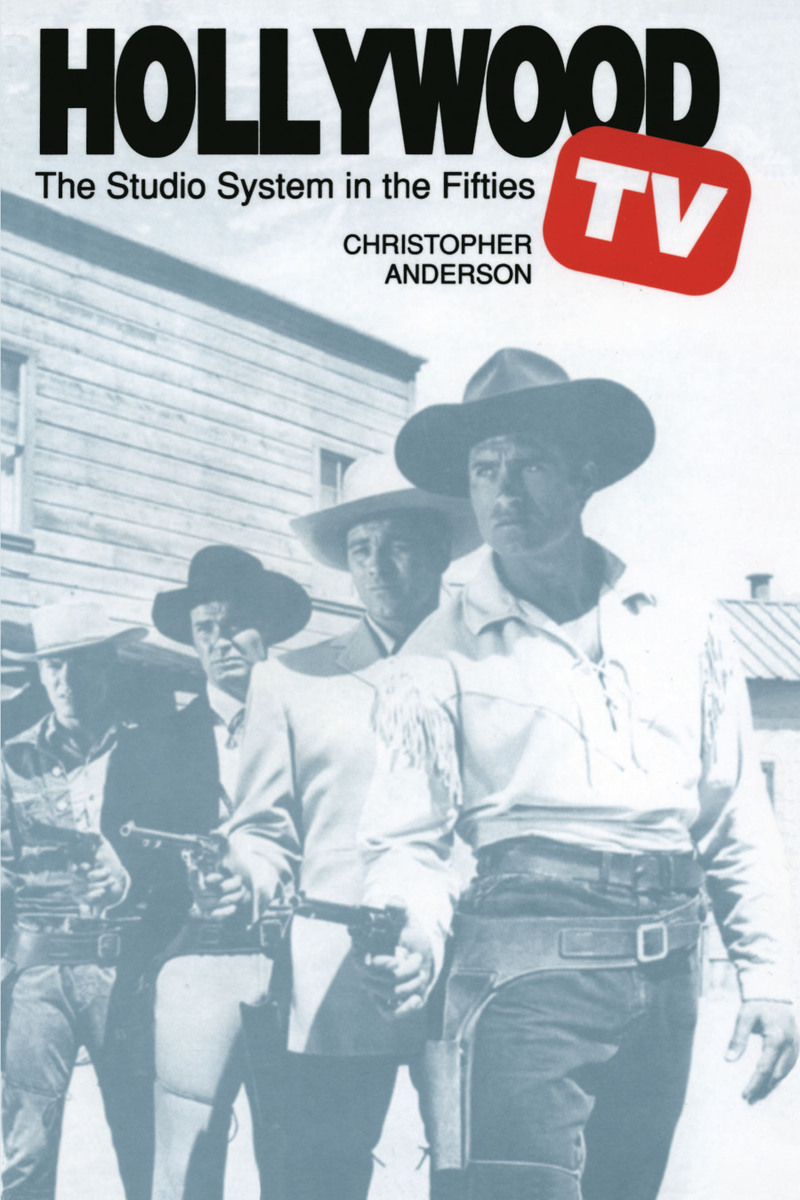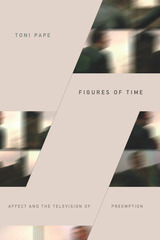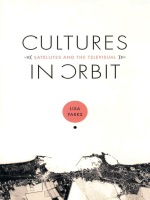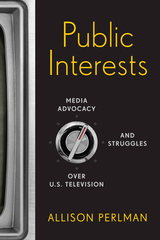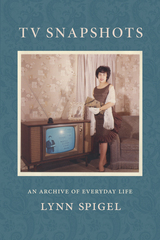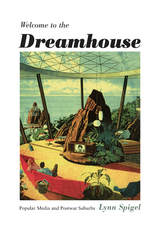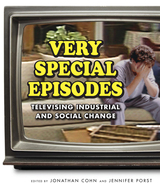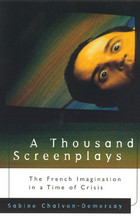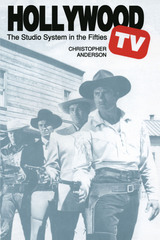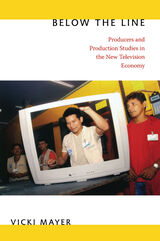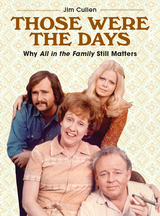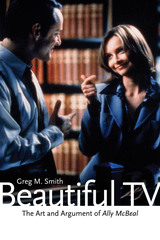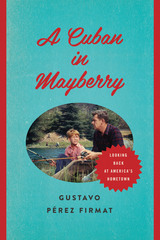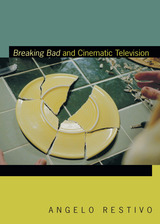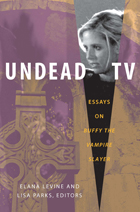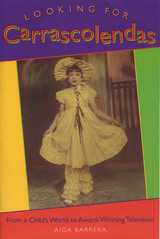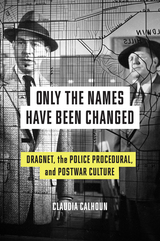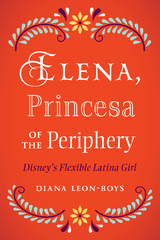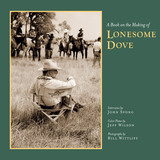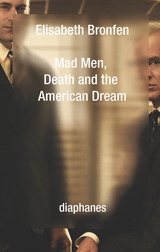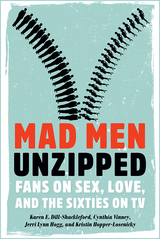eISBN: 978-0-292-75953-4 | Cloth: 978-0-292-73059-5 | Paper: 978-0-292-70457-2
Library of Congress Classification PN1992.75.A49 1994
Dewey Decimal Classification 384.554097309045
The 1950s was one of the most turbulent periods in the history of motion pictures and television. During the decade, as Hollywood's most powerful studios and independent producers shifted into TV production, TV replaced film as America's principal postwar culture industry.
This pioneering study offers the first thorough exploration of the movie industry's shaping role in the development of television and its narrative forms. Drawing on the archives of Warner Bros. and David O. Selznick Productions and on interviews with participants in both industries, Christopher Anderson demonstrates how the episodic telefilm series, a clear descendant of the feature film, became and has remained the dominant narrative form in prime-time TV.
This research suggests that the postwar motion picture industry was less an empire on the verge of ruin—as common wisdom has it—than one struggling under unsettling conditions to redefine its frontiers. Beyond the obvious contribution to film and television studies, these findings add an important chapter to the study of American popular culture of the postwar period.
See other books on: Fifties | Los Angeles | Motion picture studios | Motion pictures and television | Production and direction
See other titles from University of Texas Press
